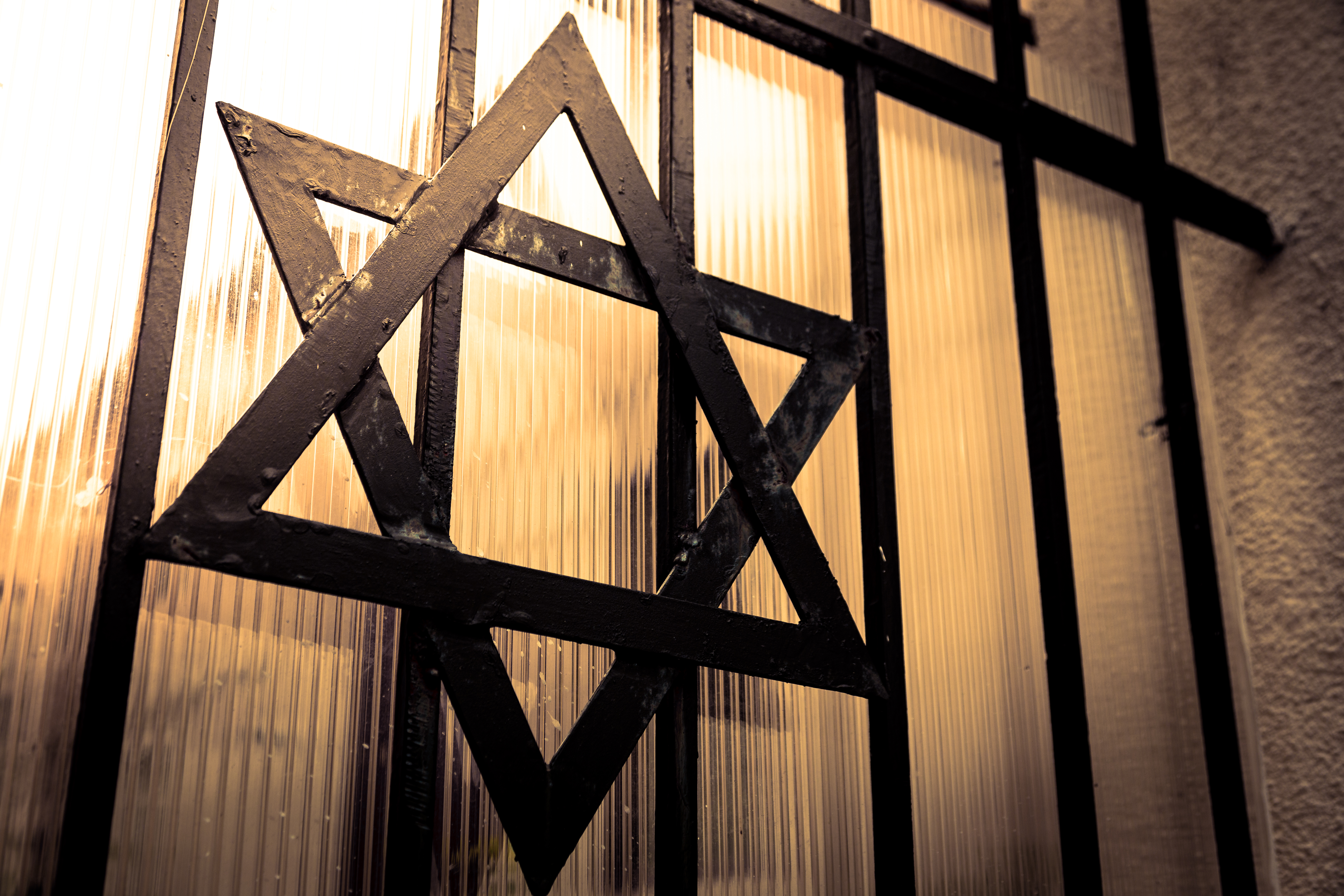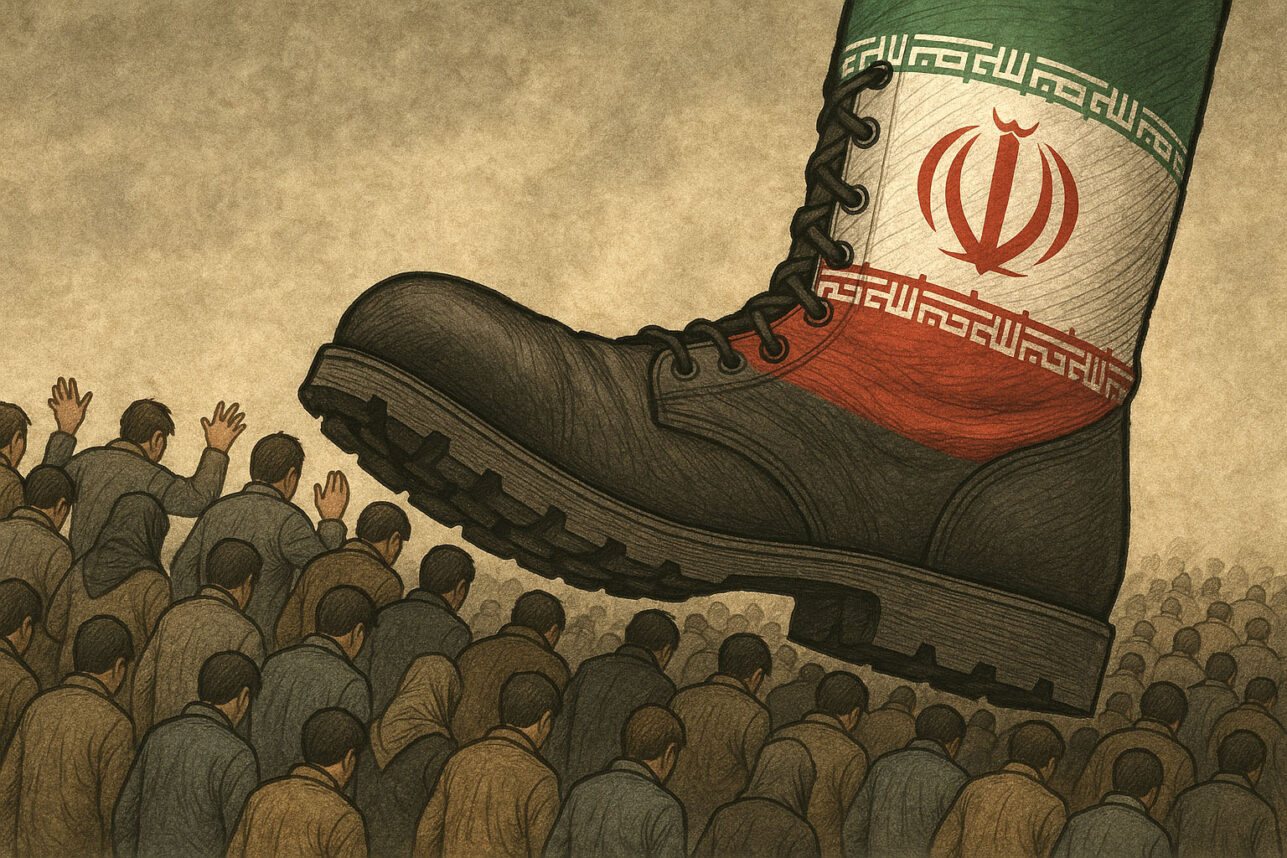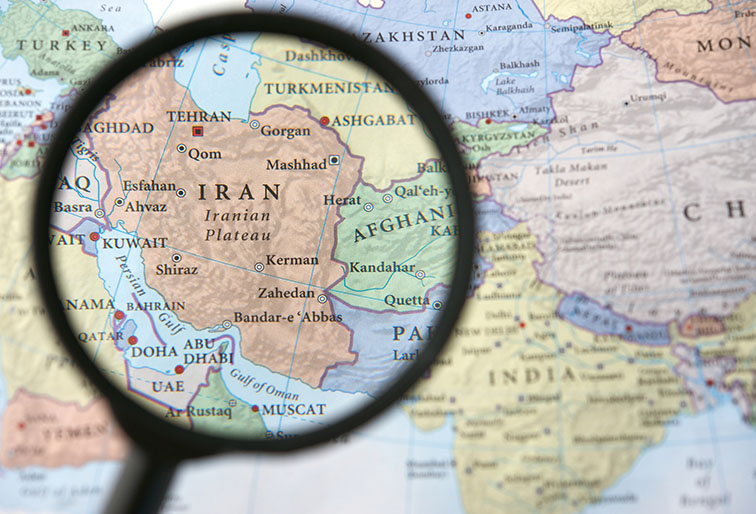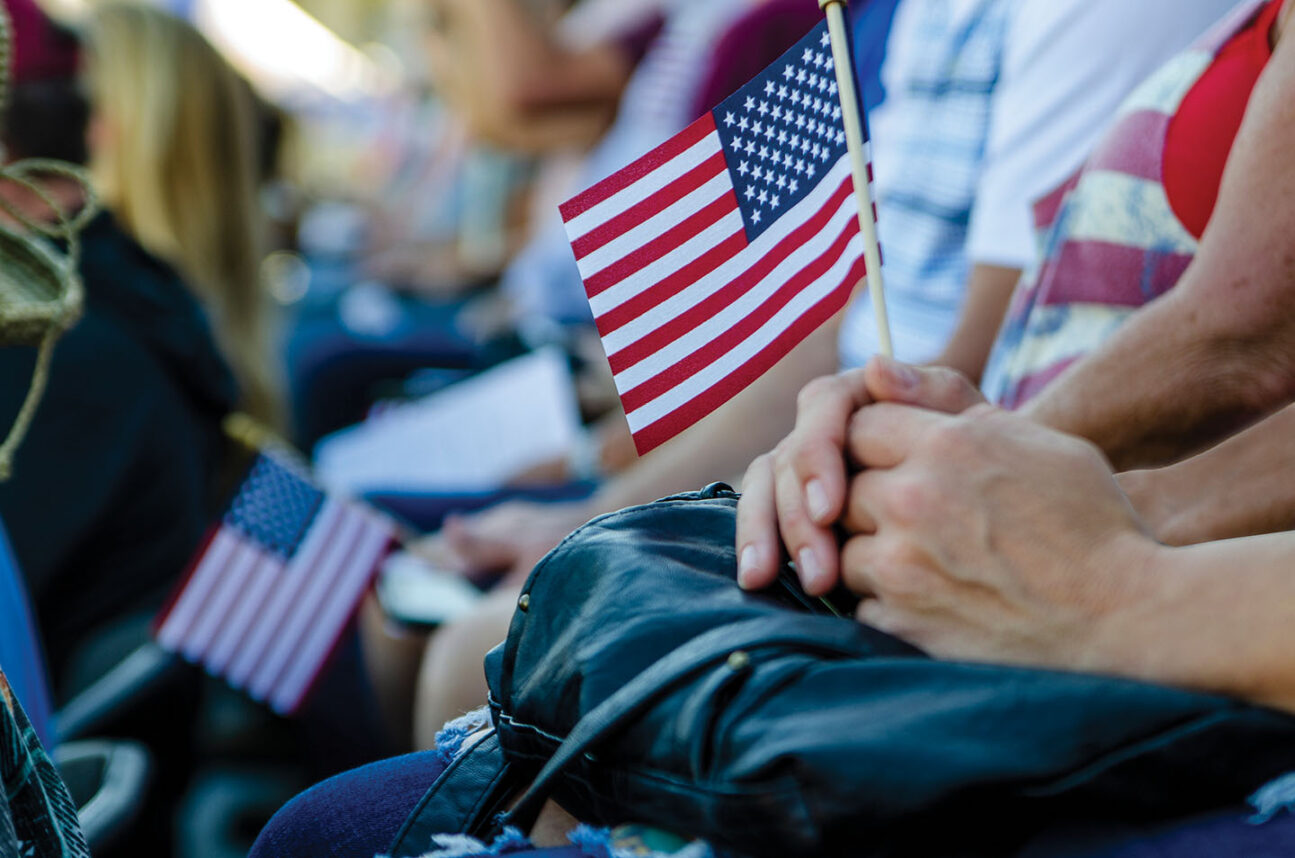
It’s an old trope: “Don’t get too comfortable, anti-Semitism is just around the corner.” My parents used to say it all the time. My dad warned me that you never know when it will show up, or from whom it will come. The main reason that he wanted me to marry a Jewish woman is because of his fear that during a fight, she might call me a “dirty Jew.”
But I grew up in the United States, where safety is something that I took for granted. I would walk or ride my bike to school (without a lock). Never was there a fear of abduction or theft — even here in Los Angeles we had that kind of innocence. And certainly, I had no fear about being Jewish or showing my Jewishness. The idea that my parents tacitly feared anti-Semitism was outdated at best if not downright parochial.
Fast forward to today, violent acts of anti-Semitism and Jew hatred are increasingly common. My parents’ warning seems prescient rather than quaint. But it is our reaction as a community that I find troubling.
About four years ago, my local Chabad synagogue engaged a security guard to stand in front of the door. This wasn’t just a guard — he was a legitimate mercenary. He wore fatigues, carried a machine gun, two pistols and multiple blades. Somehow beneath all that artillery he wore a beatific African American face and greeted me with a smile and a morning “Shabbat shalom.” I loved him. Of course, larger synagogues had employed security guards for many years before that — but our very small shul seemed different. Did we really need a guard with all that firepower? It is a small neighborhood shul in a very Jewish area of cosmopolitan Los Angeles. It seemed like overkill.
Events in Pittsburgh and Poway proved that of course we did need that heavy armor. And in the ensuing years, my local Chabad put in anti-ramming safety barriers, had a squad car blocking the front door, put in a system whereby congregants come out on a schedule to stand with the guard and this past weekend … all the congregants started wearing bulletproof vests.
I should mention that this little shul is less than a mile from where I grew up innocently walking to school without a care in the world and absolutely no fear of anti-Semitism. How far have we fallen from that sense of safety.
Congregants wearing bulletproof vests? Really? Where is our outrage?
But this isn’t what concerns me. What concerns me is our passive acceptance of this situation.
Hiring a guard and wearing bulletproof vests is passive. I hate to make a hackneyed analogy, but isn’t this a bit like 1930s Germany? Wearing armbands in itself isn’t such a big deal … until it is. Bulletproof vests? Really? Where is our outrage?
The boycott, divestment and sanctions (BDS) movement has been slowly invading our institutions of higher learning for more than a decade. What is most insidious is the way BDS is slowly rewriting history, delegitimizing the Jewish people and the Jewish connection with the land of Israel — to the point that people claim the Temple Mount is primarily a Muslim site. And yet, we have essentially been silent. Where is our outrage?
We are too comfortable. We have money and power, but we are too afraid to use it. We show up with wreaths at funerals, occasionally attend rallies (which are poorly attended) and speak passively amongst ourselves about how awful it is. But why are we not up in arms? Why are we not storming our elected officials? Why are we not massively crying out against Louis Farrakhan and Sister Ava Muhammad? How are we not constantly calling out white supremacist leaders? When will we unite as a single voice of love for our fellow Jews? What are we waiting for?
My parents were immigrants. They came to this country just wanting to fit in and succeed. Generations later, we have done that, only to face yet another existential crisis. Modernity and comfort have made our religious and cultural connection less vital. Once again, anti-Semitism is serving as our wake-up call.
At some point, even a bulletproof vest isn’t enough to save us.
Daniel Kaufman is a filmmaker, marketing executive and public speaker. His blog, “Confessions of an Orthodox Sinner,” can be found on Facebook.


































 More news and opinions than at a Shabbat dinner, right in your inbox.
More news and opinions than at a Shabbat dinner, right in your inbox.